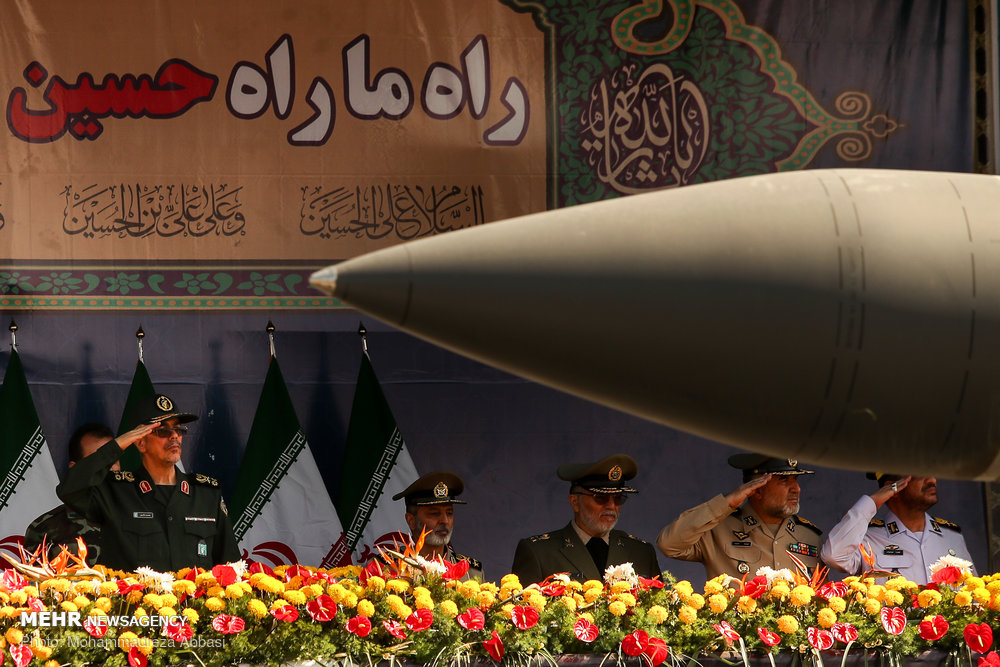Here is a quick look at our Iran Sending Drones to Russia Narrative Intelligence brief.

This Iran Sending Drones to Russia narrative is driven by 96 sources in the U.S. Media module, amplifying 239 narrative items.
Today, our Narrative AI highlights Iran's military support for Russia amid the Ukraine conflict. These narratives connect themes of geopolitical tension, military cooperation, and regional security concerns, highlighting the implications of Iran's actions for European stability and the potential for increased sanctions.
Iran's growing military cooperation with Russia, particularly in supplying ballistic missiles, raises significant geopolitical concerns. Demographically, Iran has a young population, with over 60% under 30, which influences its military ambitions and regional assertiveness. Economically, Iran faces severe sanctions that have stunted its growth, pushing it to seek partnerships with countries like Russia, which is also under Western sanctions. This alliance allows Iran to showcase its military capabilities while gaining economic and military support.
Geographically, Iran's strategic location in the Middle East positions it as a key player in regional conflicts, particularly with Israel and in the context of the Syrian civil war. The Islamic Revolutionary Guard Corps (IRGC) has been instrumental in expanding Iran's naval capabilities, exemplified by the development of the Shahid Bagheri. This move reflects Iran's desire to project power in the Persian Gulf and beyond, despite its limited resources.
Politically, Iran's leadership uses military advancements to bolster national pride and distract from domestic issues. The partnership with Russia, especially in the context of the Ukraine war, signals a shift in alliances that could destabilize European security. The U.S. and NATO allies view this collaboration as a direct threat, prompting discussions of increased sanctions and military support for Ukraine.
From a national security perspective, the transfer of ballistic missiles to Russia could enhance Moscow's military capabilities in Ukraine, complicating the conflict further. The potential for Iranian attacks on Israel adds another layer of tension, as both nations remain locked in a cycle of retaliation. This evolving dynamic underscores the intricate interplay of military, economic, and political factors shaping the region's security landscape.
Our Kudzu Narrative Intelligence brief auto-updates every few hours with fresh analysis:
Note: Kudzu Narrative Intelligence briefs update every few hours. Very likely, the Narrative Analysis above will have changed as well.
Image Credit for Article Header: Wikimedia Commons